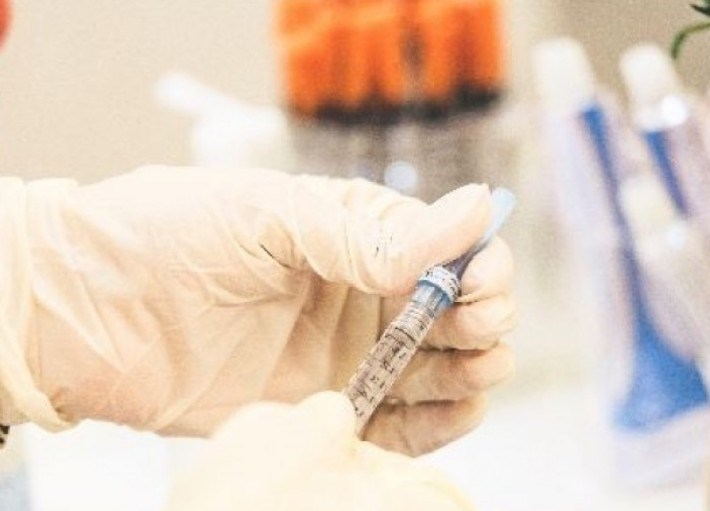Canada and its commercial real estate community must be congratulated for a quick, coordinated response to the global pandemic, but, as a weary nation ends 10 months of lock downs, layoffs and unprecedented tenant relief, the situation has become untenable.
Ottawa’s generous response has cost more than $300 billion so far, and that does not include the billion-dollar holes punched in provincial budgets. The federal government is tracking to its first trillion-dollar debt, while GDP has fallen 6.5 per cent since February with 1.8 million now unemployed.
As the second wave of the pandemic continues to build – a record 10,000 new cases a day are projected by Christmas– and much of the economy barricades behind shuttered doors, government spending simply can’t keep pace.
But without that aid the commercial real estate sector is in trouble. As this is written, Manitoba is into a red-alert lockdown of all non-essential retail and travel. Saskatchewan, Alberta and British Columbia are all ramping up restrictions as virus cases crest daily records.
The retail sector, tourism and hospitality have already been devastated. Canadian mall owners are collecting less than 60 per cent of their rent and retail bankruptcies are mounting, particularly for mom-and-pop retailers.
Downtown office markets in western Canadian cities are glutted with sublease space as owners grapple with stay-at-home workers and restrictions that drive costs up and productivity down.
The industrial sector has so far been spared, but its strength relies on the ability of e-commerce consumers to continue buying big, even as they brace for winter and the cold wind of recession.
Even the resilient multi-family sector, buoyed by record-low mortgage rates, is buffeted by plunging immigration, falling rental rates and soaring costs.
Hope is now balanced on the tip of a needle: the promise of an effective and universal vaccine that will make the horror go away.
Fortunately, there is good news on that front. A vaccine from front-runner Pfizer and German-based BioNTech is said to be 94 per cent effective. It will available as early as December 14, and widely available in the first quarter of 2021. Other promising vaccines are also in the final Phase 3 of clinical trials, including a candidate from Moderna, which is being tested on 30,000 people. Johnson & Johnson has started Phase 3 trials with 60,000 participants in several countries, and AstraZeneca and the University of Oxford have also started human testing on a promising cure.
Canada has preordered enough of the vaccine from leading sources to ensure there is an adequate, free supply.
Our prayers are now with frontline scientists and our faith that, once again, human ingenuity will salvage our health and our economy.



